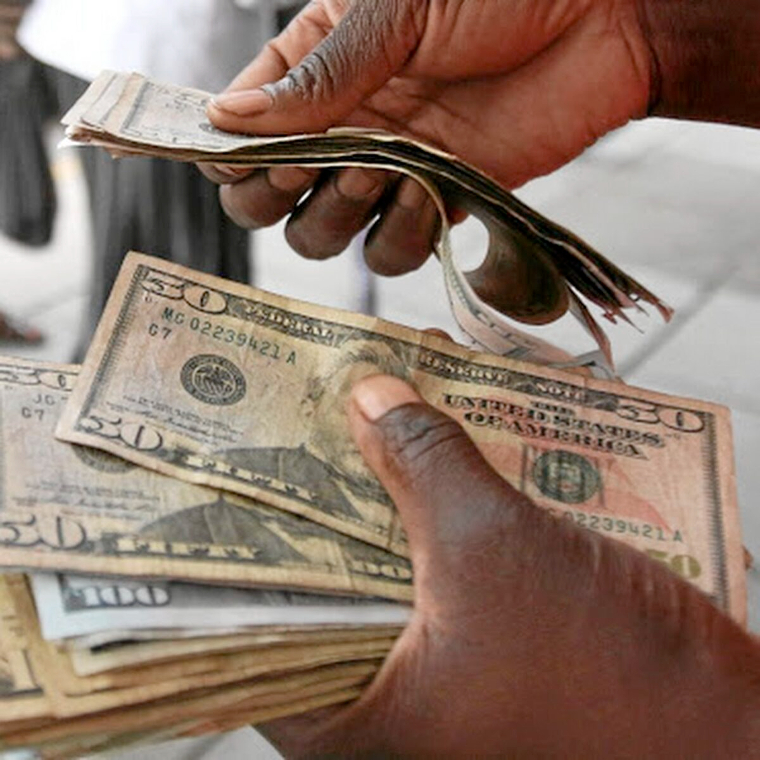 Zimbabwe has extended the use of multiple currencies, dominated by the United States dollar, by five years to 2030 well after President Emmerson Mnangagwa’s term of office has expired.
Zimbabwe has extended the use of multiple currencies, dominated by the United States dollar, by five years to 2030 well after President Emmerson Mnangagwa’s term of office has expired.
The use of multiple currencies was supposed to expire at the end of 2025 but Mnangagwa extended this to 2030 yesterday.
Banks had stopped issuing loans in United States dollars.
More than 80% of local transactions are in US dollars.
Central bank governor John Mangudya says foreign currency deposits have increased from US$300 million in 2018 to US$1.6 billion by the end of September this year.
Electronic payments now dominate transactions in local currency.
Mangudya says 95% of local currency transactions are through electronic payment systems, with mobile transactions accounting for 80% of the total transaction volume.
Mnangagwa who has previously insisted that no country can develop using another’s currency seems to have given in to maintain stability and allow the use of the local currency to come back slowly.
Economist Eddie Cross has outlined five steps that have to be undertaken to ease the local currency in:
- First we will to have a new currency printed and this must be equal to about 15 percent of all such transactions in the market. We should still encourage the use of electronic means to settle, but as a developing country with a large informal economy, we need cash.
- Secondly, we need to protect the Nostro account system and allow people to bank real dollars into these accounts which should then be accepted as ‘free funds’ and to be available for individuals and companies to settle external liabilities. This will allow people with US in cash to bank this and not lose access to USD or Rand for specific purposes. These balances should not be touchable.
- Thirdly, we need to abandon exchange control on all current account transactions. This was done in 2009 when we dollarised but we need to recognise that exchange control is not appropriate in a free market economy.
- Fourthly, we have to have a completely free market for all hard currency needs. Any Zimbabwean who needs currency should be able to buy what they want at their banks and Bureau du Changes, at the market price of the day. All hard currency inflows, except personal transactions such as remittances, must be converted by the Banks into the new local currency at a real market price, based on supply and demand.
- Fifthly, we need to demonetise all foreign currencies for local transactions. That means that foreign currencies will no longer be acceptable in local markets, taxi fares, hotels, service payments, taxes and all other local payments people have to make must be conducted in local currency. That means that retailers and all others are going to have to have confidence in our currency and that means discipline in the monetary system. It also means that our local currency must be convertible into hard currency on demand.
See: Why it is not in Zimbabwe’s interest to continue using the US dollar
(117 VIEWS)






0 Comments